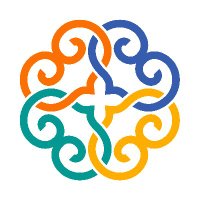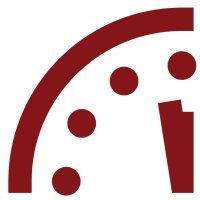
Peyman Asadzade
@peymanasadzade
Postdoc fellow at Harvard's @MiddleEast_HKS/ Former replication analyst at @The_JOP/ @USIP Peace Scholar/ Security Studies/ Middle East/ Political Risk
ID: 979079616487882752
http://peymanasadzade.com 28-03-2018 19:35:45
826 Tweet
980 Followers
1,1K Following

"The 'Axis of Resistance,' a network of non-state actors aligned with Iran, has emerged as a significant force in the Middle East in the last two decades." MEI Research Fellow Peyman Asadzade's latest for Middle East Institute: mei.edu/publications/a…

"Even though the group participated in the Syrian civil war, it was not officially acknowledged as part of the Axis of Resistance until 2017, when Quds Force head Gen. Qassem Soleimani endorsed it and authorized its creation." - Peyman Asadzade mei.edu/publications/a…

Interesting and thought provoking insights on the emerging dynamics within the current international order and their complexities by Javad Zarif

READ: Research Fellow Peyman Asadzade's latest article for International Interactions presents the first systematic data on antagonistic actions directed toward American nationals, entities, and interests across the globe from 1987 to 2015: tandfonline.com/doi/full/10.10…

Just in: A majority of Iranians now favor possessing nuclear weapons. Their leaders take note. By Peyman Asadzade from Harvard's Middle East Initiative In Bulletin of the Atomic Scientists thebulletin.org/2024/06/a-majo… #nuclearweapons #Iran

A survey of over 2000 Iranian citizens conducted earlier this year shows growing public support for nuclear weaponization—reflecting a significant departure from earlier public opinion polls. Read MEI Research Fellow Peyman Asadzade's analysis for Bulletin of the Atomic Scientists here:

Iraq once devasted Iran with chemical weapons as the world stood by. Governments still struggle to respond to chemical warfare. Read the new article by Peyman Asadzade: thebulletin.org/2024/07/iraq-o…

MEI Research Fellow Peyman Asadzade's latest for the Bulletin of the Atomic Scientists examines how the devastating use of chemical weapons during the Iran-Iraq war (1980-88), combined with a lack of response from the international community, laid bare the limitations of international arms control


New Article:Peyman Asadzade, Cameron Thies, and I published in International Studies Quarterly, showing low-income households in Iran bear the brunt of sanctions, offering evidence to claims that elites in authoritarian states shift the burden onto the vulnerable Political Science Leiden doi.org/10.1093/isq/sq…